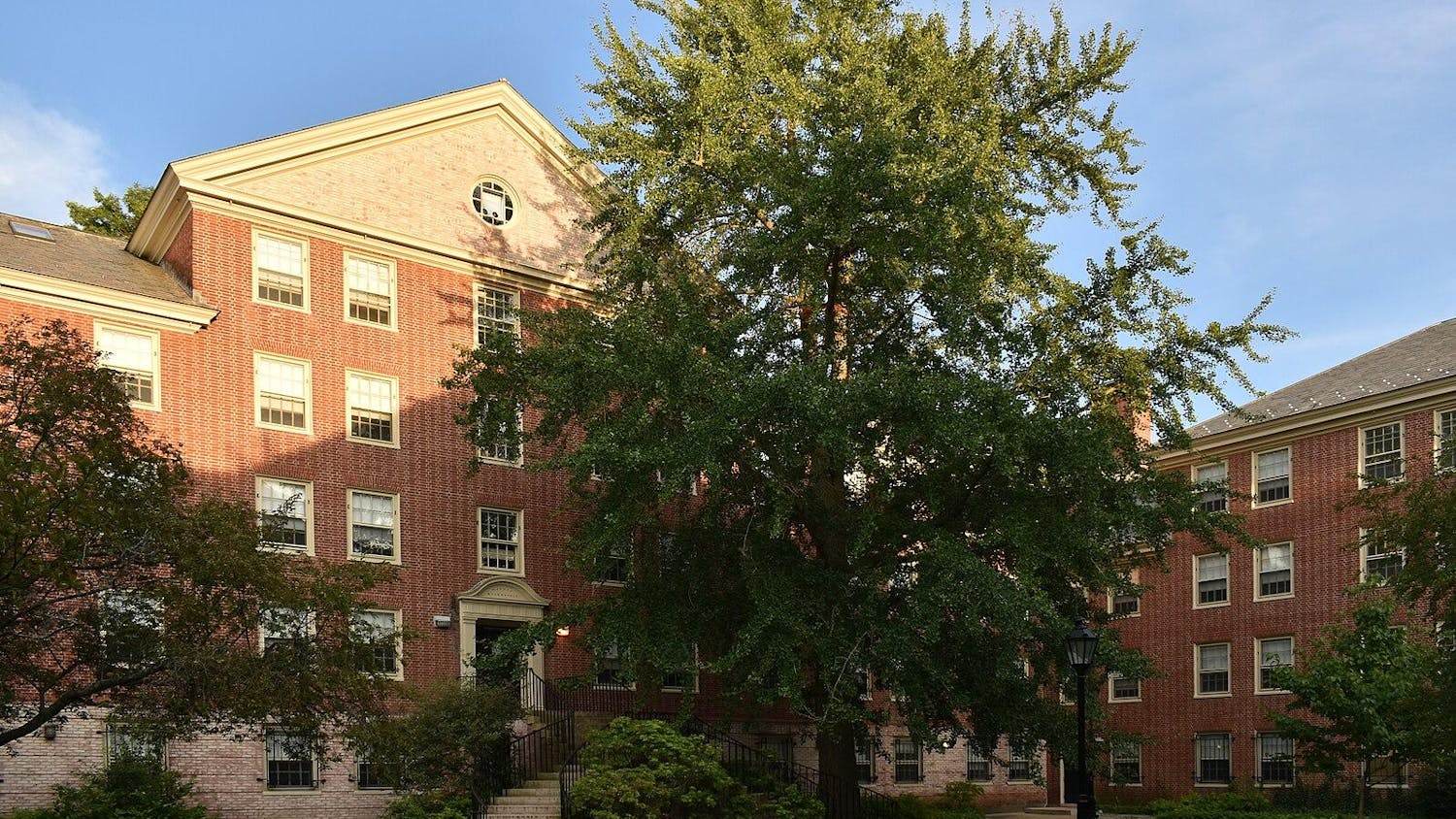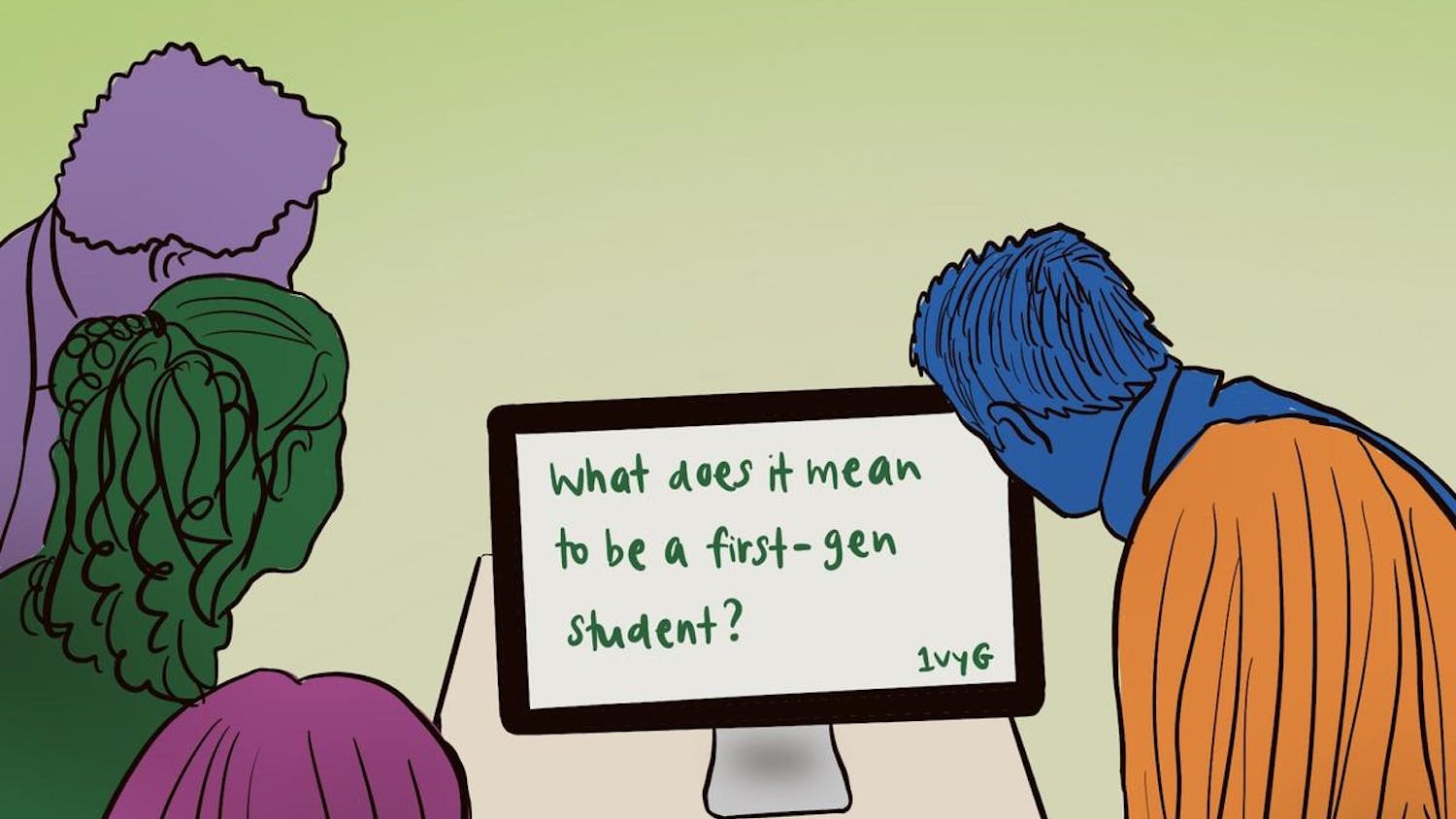Former Chilean president and Professor-at-Large Ricardo Lagos addressed a packed Joukowsky Forum last night about the "two epochal changes" facing Latin America — income distribution inequalities and a rapidly growing middle class — as it emerges relatively unscathed from the 2008 financial crisis.
Lagos' talk was given against a backdrop of unrest in Chile, where university students have taken to the streets protesting the country's growing economic inequality and demanding changes in education, transportation and energy policy. Lagos, who held office from 2000 to 2006, was the first socialist president elected since 1973, when General Augusto Pinochet seized power from President Salvador Allende.
The protests are symptomatic of an increasingly diverse middle class that, in the wake of Latin America's economic growth over the last 20 years, has become accustomed to a great amount of social mobility, Lagos said.
He described a need for new arenas of political expression to give voice to the interests of the expanding middle class, which is currently "asking for what they think they deserve," he said. "And the government can't keep up."
But the cornerstone of his argument revolved around what he called the "implicit paradigm" that directly correlates per capita income with life expectancy. Referencing statistics compiled by the International Monetary Fund, he contended that the correlation becomes irrelevant after per capita income rises above $20,000. At that point, Lagos argued, quality of living is linked more strongly to income distribution than gross per capita income.
For example, countries like Japan and Sweden, where the income of the richest 20 percent of society is roughly four times that of the poorest 20 percent, show very high standards of living according to an index of health and social problems, Lagos said. Meanwhile, in two wealthy countries with relatively low standards of living according to the same index — the United States and Singapore — the richest 20 percent of citizens earn roughly eight to 10 times that of the poorest 20 percent.
Lagos proposed that Latin American countries increase taxation to redistribute income rather than continue targeting government expenditures at specific low-income groups. But Dietrich Rueschemeyer, professor emeritus of sociology, took issue with Lagos's proposal during the question-and-answer portion of the talk.
"This seems like a difficult policy to implement," he said. "The wealthiest groups have, by this point, grown very skilled at evading taxation."
But most attendees of the talk, which brought a diverse crowd of over 60 students, professors and community members to the Watson Institute, were effusive in their praise of Lagos.
Linda Miller, visiting fellow in international relations, said every time she has heard Lagos speak, he has "been outstanding in terms of his grasp of what both scholars and policymakers bring to the table." This talk was no exception, she said.
Lagos currently serves as president of the Foundation for Democracy and Development. He has held his position on the University's faculty for four years.
In his introduction to Lagos' speech, Richard Snyder, professor of political science and director of the center for Latin American and Caribbean studies, praised the "landmark free trade agreements" and "innovative social policies" enacted under Lagos' regime as, well as Lagos' involvement in the University.
"It's been a unique pleasure to have President Lagos as a colleague," he said.




